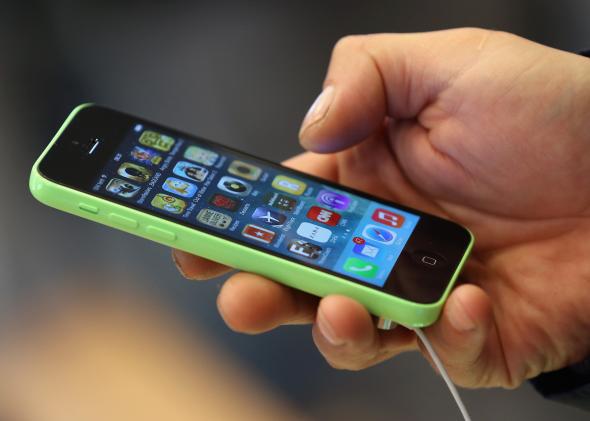Good morning, breakfasters!
I’ve been trying to square the ways in which the court got technology right in Riley, and completely confused in Aereo, and wanted to share some tentative thoughts. Granted, the cellphone case is a constitutional case and Aereo is about a statute. Granted the first has to do with illegal searches and the second has to do with intellectual property. And perhaps, most important, as Eric points out and Linda Greenhouse makes plain, the justices can better empathize with someone whose phones have been searched than someone stealing broadcast television using cunning little dime-sized antennas.
But it seems to me that the reason the decision in Aereo is so murky and seems to do little more than clarify that, in the future, it is best not to be Aereo, has more to do with the court’s difficulty in predicting future technology than anything else. We were all quick to fete the court for finally getting it on new technology in the cellphone cases yesterday. But cellphones hardly represent new technology. They represent old-new technology. Part of the reason the justices could speak out so strongly and in a unitary voice about cellphone searches is that they have all been carrying one around for a decade. But beyond agreeing that Aereo was doing something that made them feel kind of hinky, they don’t know what to make of the case. That’s why, Emily, Stephen Breyer in the majority and Antonin Scalia in dissent are engaged in a battle of bad analogies: A photocopier in the library? Seriously? That and the fact that the majority simply promises—by assertion—that the case won’t impact upon “resolution of questions about cloud computing, remote storage DVRs and other novel matters not now before us,” has a lot of people very, very freaked out about what Aereo means for innovation and emerging technologies. I don’t pretend to be any kind of expert about this, but when the court assures us that we shouldn’t worry about the tech implications because we shouldn’t worry about the tech implications, I tend to worry. About the tech implications.
One common complaint about the justices and new technology is that when they don’t understand it—we saw this in Quon, the pager case—they just kick the can down the road and hope for the best. Here is how Kennedy put it in Quon: “The judiciary risks error by elaborating too fully on the Fourth Amendment implications of emerging technology before its role in society has become clear.” Certainly there is wisdom there. The court shouldn’t be out there crafting rules before they understand how an emerging technology is going to be used. But Aereo is a kick the can down the road case. And there are costs there, as well, especially for innovation.
One brief response to Posner Sr., on administration of the court: I think Chief Justice Roberts actually does a pretty good job on most day-to-day administration matters, but this is the time of year at which all I can think is: Really? Is it so terribly hard to make decision days accessible and transparent and coherent and user-friendly? Is it beyond comprehension that the same citizens who store their lives on a device would like to know what the court is doing. On a device. Like it or not, the Internet, video, audio, and Twitter are as much “a pervasive and insistent part of daily life,” to quote the chief in the cellphone case, as our cellphones. And that “the proverbial visitor from Mars might conclude” that there is something truly odd about a court that continues to hand down decisions as it did in 1894, in the dark, and in secret. But perhaps that is all a fight for another day. Right now I have to jump on SCOTUSblog to read decisions.
